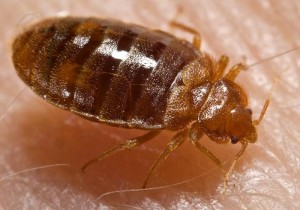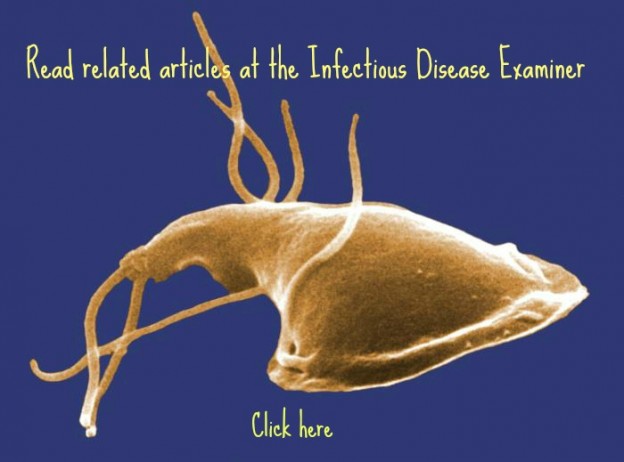Parasite drug, ivermectin, shown effective against bed bugs according to study
Sixty percent of bed bugs who got a blood meal from a person treated with an anti-parasitic drug died, according to research presented at the American Society of Tropical Medicine and Hygiene’s annual meeting in Atlanta, and may be an important weapon in the arsenal against the ectoparasite pest.
According to John Sheele, an emergency physician at Eastern Virginia Medical School in Norfolk, who led the study, “What I’d like to be able to do is a real-world experiment where we find people who have bed bugs, treat them with the regimen and see does it get rid of their infestation”, Bloomberg reports.
Merck & Co.’s Stromectol (ivermectin), sold as Mectizan outside the U.S, was tested on Sheele and three colleagues over five bed-bug blood meals. They allowed three adult and three juvenile bed bugs to feed on them before taking the drug. Then, using the same combinations of different insects, the test subjects allowed feeds 3, 8, 22 and 54 hours after consuming a standard dose, equivalent to 200 micro grams per kilogram of bodyweight.
Within three hours of feeding on ivermectin-laced blood, the apple-seed-sized critters were falling sick and dying, Sheele said. Ivermectin was most lethal for both juvenile and adult bed bugs on the first day of treatment, though it killed 42 percent of adults 54 hours after the drug was taken. Ivermectin also hampered the ability of beg-bug nymphs to shed their outer exoskeleton — a key step in their development.
Ivermectin is an anti-parasitic drug used to treat parasites ranging from Onchocerca (river blindness) to Wuchereria (lymphatic filariasis) to body lice to the scabies mite.
Bedbugs are tiny parasitic insects which feed on the blood of warm-blooded mammals. Typical adverse health effects from bedbug bites include skin rashes, allergic reactions and psychological effects.
Bedbugs are not known to transmit infectious diseases to humans.
In the United States, the bedbug was essentially eradicated since the 1940s but found resurgence at the end of the century. Though pesticides have historically been effective against bedbugs, resistance to many pesticides have developed. In addition to pesticides, non-pesticide methods have been used such as vacuuming and heat treating.
For more infectious disease news and information, visit and “like” the Infectious Disease News Facebook page

















if you Want the DRUG Without a Doctors Permission to get the Pills’ Just Google UP’ OGITH Scott Hamilton and Find me on facebook’ Good Luck…